More than 55 million people around the world are currently living with some form of dementia; the degenerative diseases affect one’s memory, thinking, and even the ability to perform daily tasks.
However, scientists have found that many people are experiencing nearly identical symptoms to those with dementia, but they don’t have a degenerative condition. In fact, all they are suffering from is a vitamin deficiency, which can be cured with one little pill.
What Is Dementia?
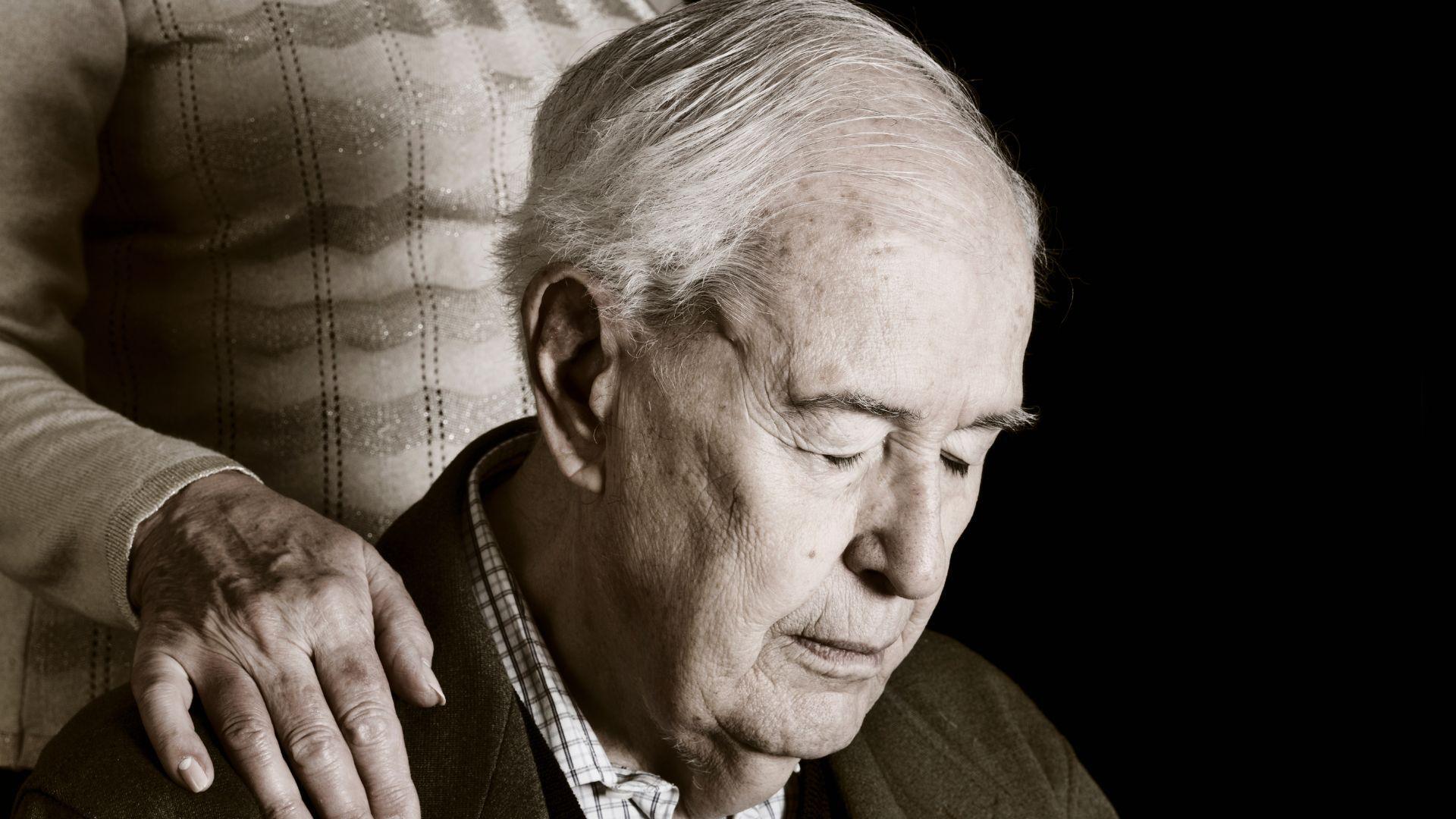
There are several kinds of dementia, including Alzheimer’s, which is arguably the most well known and common form of the frustrating degenerative disease.
When a person develops dementia, the brain cortex becomes thinner, and the brain gradually shrinks, often damaging the necessary neurons and synapses.
Signs and Symptoms of Dementia

Early signs of dementia can include forgetting things or recent events, misplacing personal items, getting lost, confusion, losing track of time, difficulty solving problems, having trouble finding specific words or following a conversation, and difficulty performing familiar tasks.
Additionally, some people may experience mood swings, personality changes, depression, paranoia, anxiety, and even hallucinations.
Experiencing Signs of Dementia? It’s Time to See Your Doctor

Now, it’s crucial to understand that while there is currently no cure for dementia, there are treatments available that can help lessen the symptoms.
However, these treatments only work most often when the disease is caught in its early stages. Therefore, if you are experiencing any of these signs or symptoms, you should contact your doctor immediately.
The Vitamin Deficiency Causing the Same Symptoms as Dementia
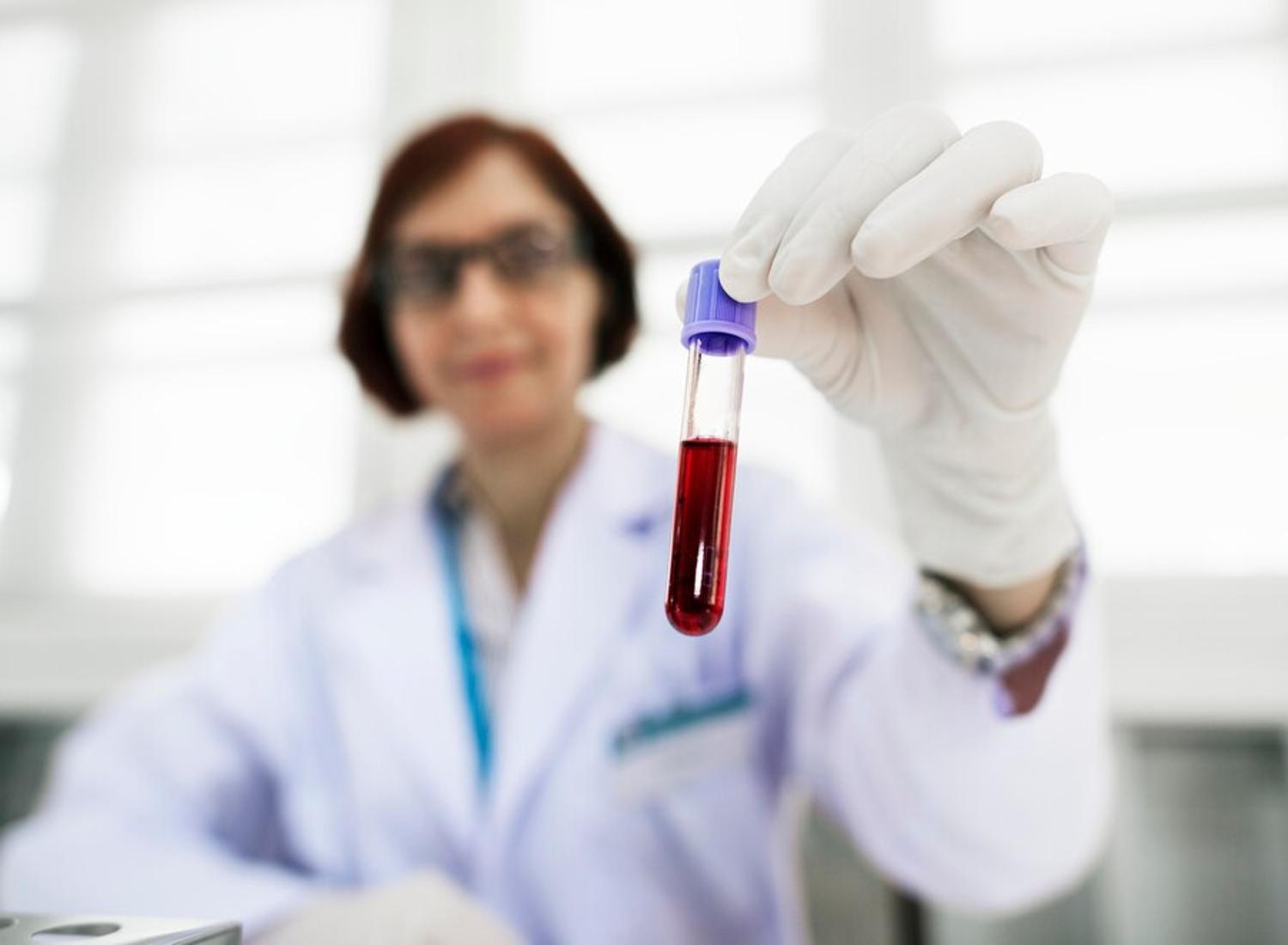
While your doctor will unquestionably perform the necessary tests to find out if you are developing dementia, they will also test your blood to find out if you are deficient in any necessary vitamins.
Recently, medical researchers have realized that many people who are experiencing dementia symptoms don’t actually have the degenerative disease; they are simply missing one key vitamin their brain needs to function properly.
Vitamin B12 Deficiency Symptoms
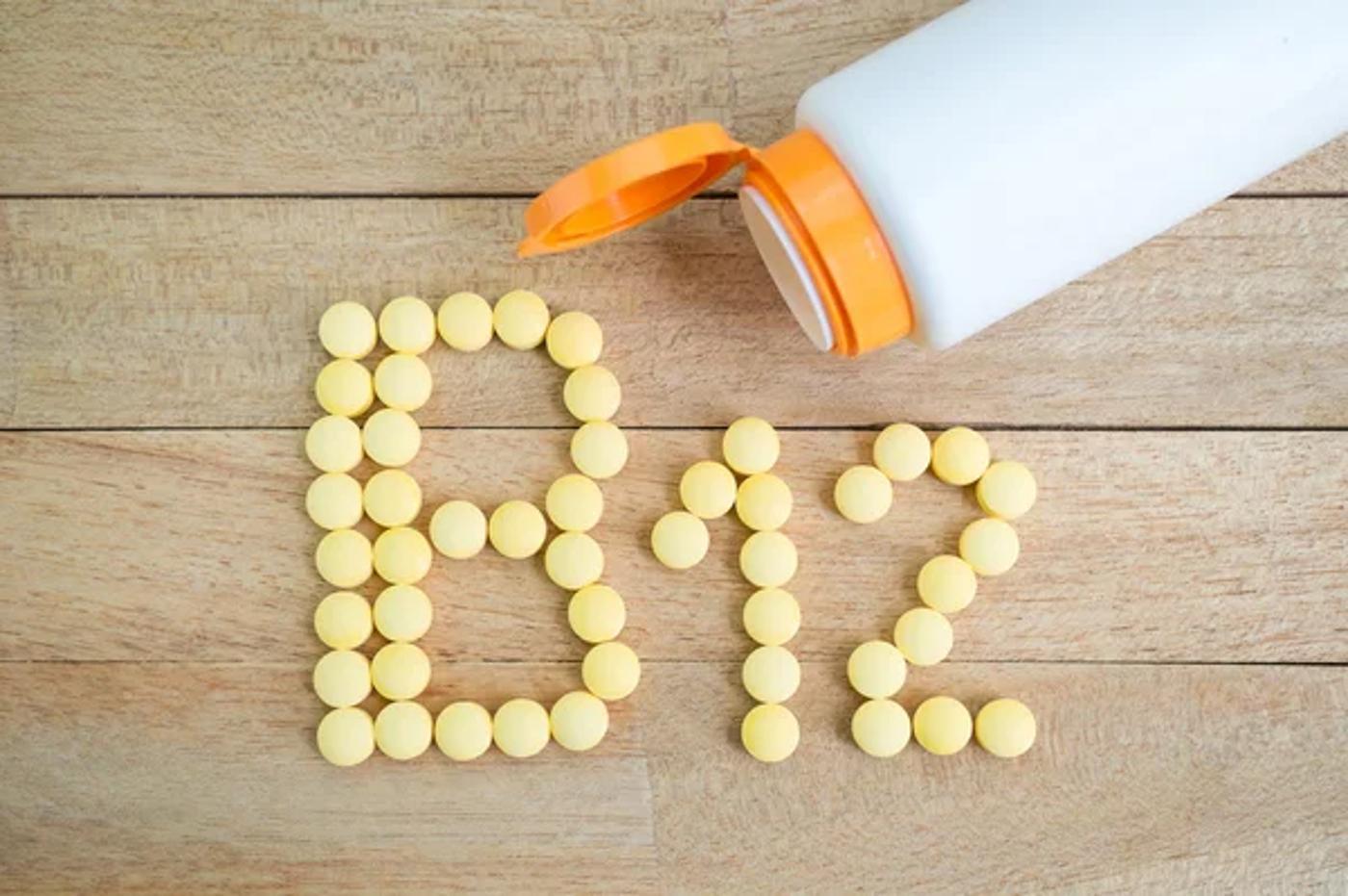
The research shows that a lack of Vitamin B12 can cause quite similar symptoms to those developing dementia.
In fact, a lack of energy, mental fatigue, cognitive impairment, the inability to think clearly and make decisions, and even memory loss are all symptoms of both B12 deficiency and dementia.
Why Does B12 Deficiency Cause the Same Symptoms of Dementia?
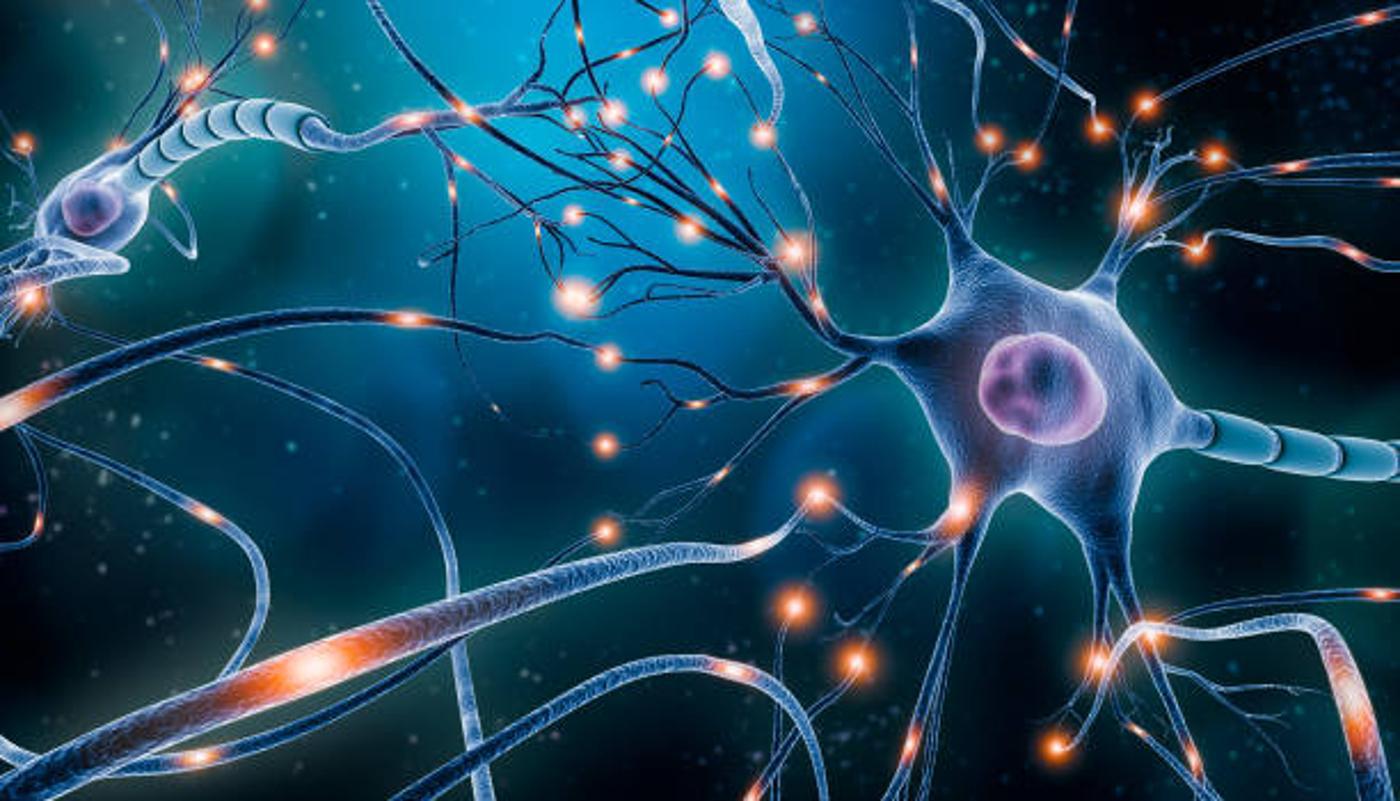
Studies suggest that low levels of B12 can actually disturb brain tissue, causing interference between the neurons and signaling that leads to the frustrating symptoms commonly seen in those living with dementia.
However, while the body desperately needs B12 to function, it cannot make it for itself. Humans can only get B12 from certain foods, and most people don’t consume nearly enough of it.
Doctors Recommend 2.4 Micrograms of Vitamin B12 Every Day

Historically, humans have maintained sufficient B12 by eating a diet full of fish, meat, dairy, and eggs.
But today, most people don’t eat enough of these foods to reach the recommended 2.4 micrograms of B12 on a daily basis. Additionally, anyone following a vegan or even vegetarian diet will certainly struggle to consume the B12 their body needs.
Some People Struggle to Fully Absorb B12 From Food

On the other hand, there are some people who eat plenty of the foods with B12, but their bodies struggle to fully absorb the necessary nutrients.
For these many reasons, millions of people around the world supplement their diet with a daily B12 vitamin to ensure their body is getting everything it needs to function properly. But some still have no idea that this singular deficiency could be causing dementia-like symptoms.
The Difference Between B12 Deficiency and Dementia

Talking to your doctor about your symptoms is the absolute only way to find out if you are experiencing the early signs of dementia, are deficient in B12, or have neither of these problems.
However, researchers say there is a tell-tale sign that your body is experiencing one or the other: If people experience symptoms like weight loss, loss of appetite, yellowish skin, nausea, or vomiting alongside the cognitive symptoms, it is most likely a B12 deficiency, not dementia.
Treating a B12 Deficiency Is Easy
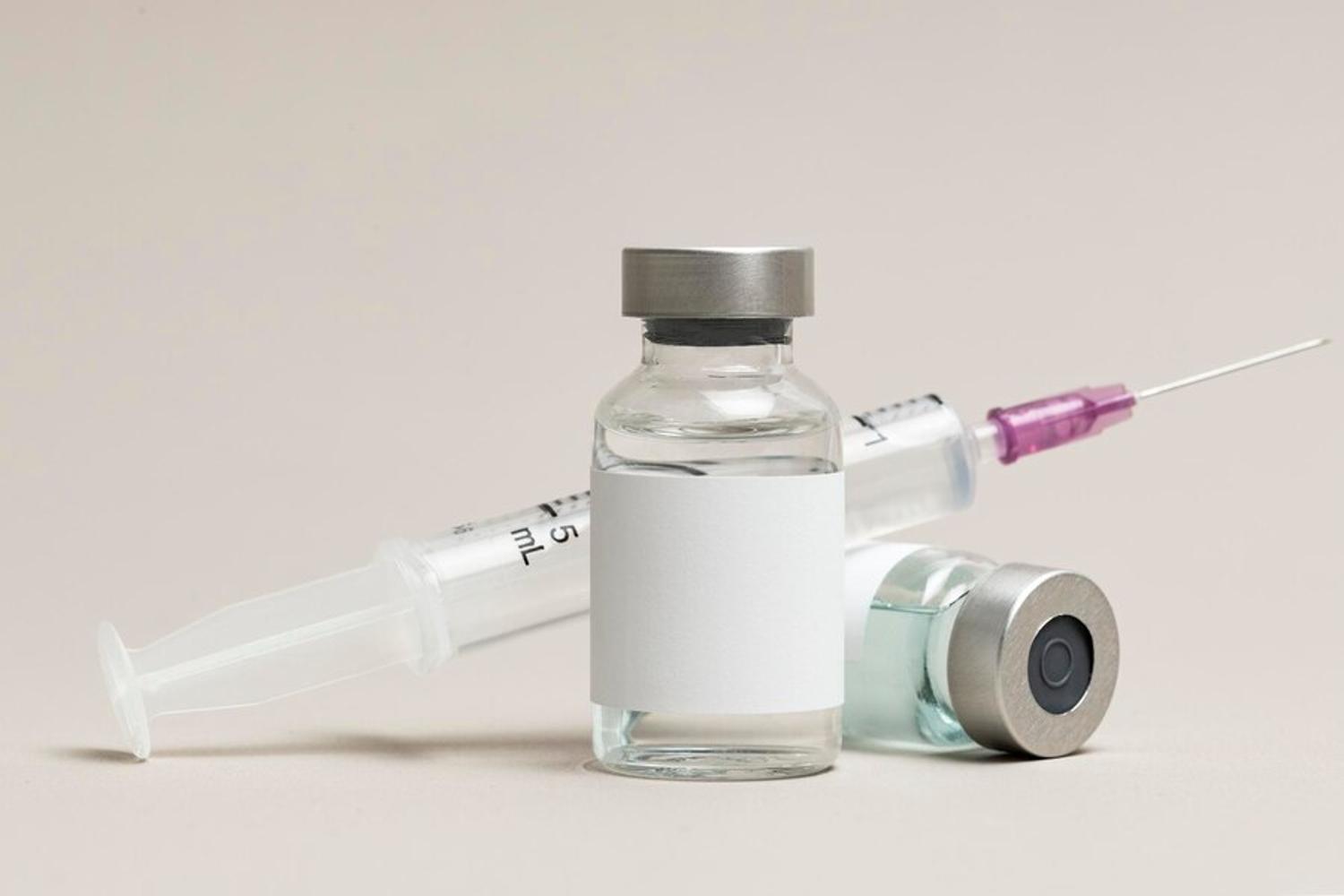
Today, there are treatments for dementia, but none of these medications can actually reverse the disease or even stop it from progressing. But fortunately, treating a B12 deficiency is far easier and much more effective.
Most often, if a patient is describing aggressive symptoms like cognitive impairment, the doctor will prescribe a daily self-administered injection of the vitamin to ensure it’s being immediately absorbed into the bloodstream. And within just a few weeks, the symptoms will dissipate.
Don’t Wait to Contact Your Doctor

Because both dementia and B12 deficiencies are more common in older bodies, many people simply attribute these symptoms to old age. However, doctors say that, no matter what your age, if you are experiencing cognitive impairment, you should contact your doctor immediately.
Dr. Scott Kaiser, a geriatrician and director of Geriatric Cognitive Health for the Pacific Neuroscience Institute in Santa Monica, explained, “There is a misconception that there’s nothing we can do about it—that’s not true.”








































